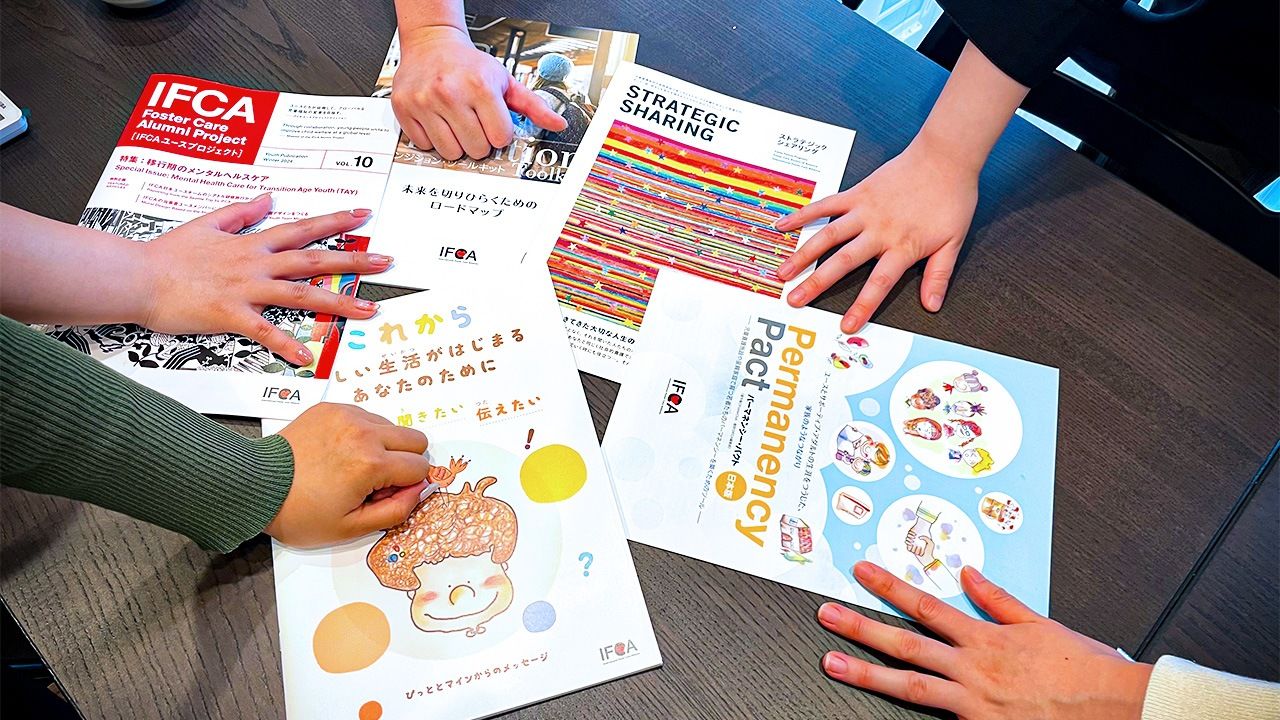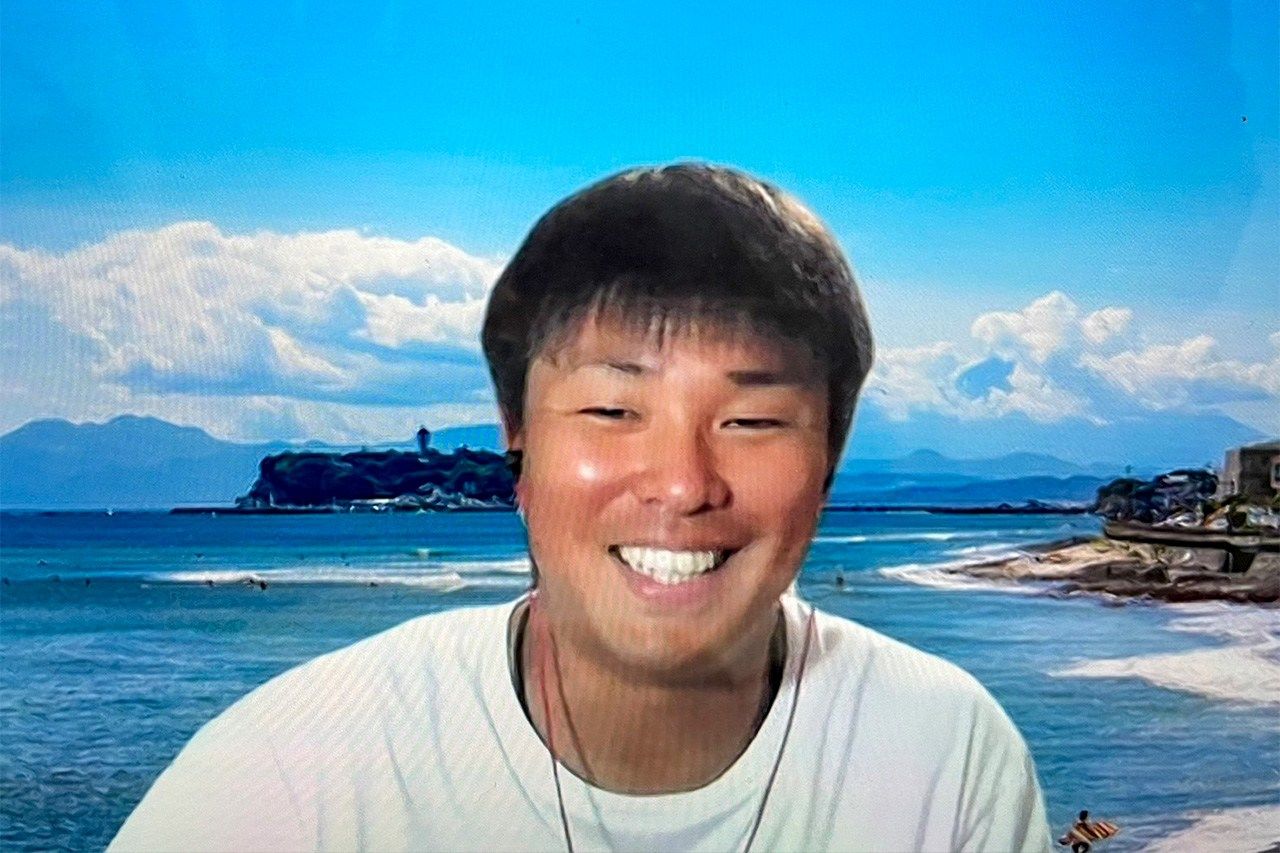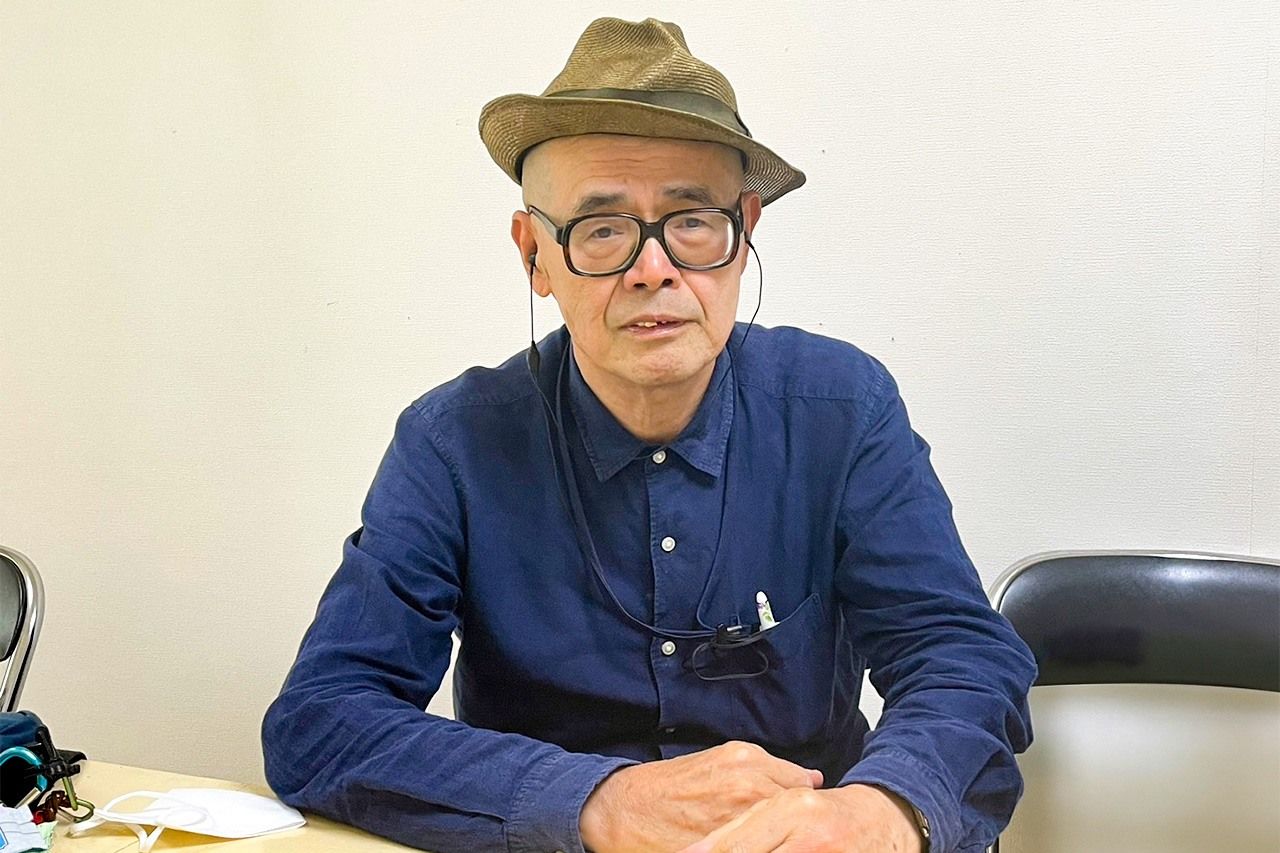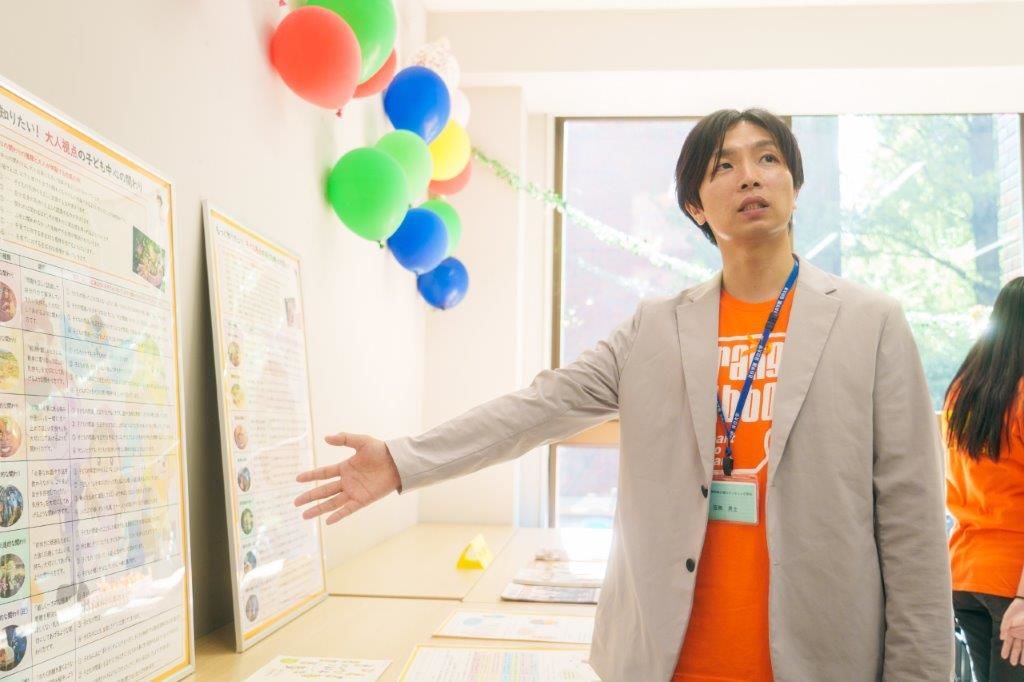
One Step Toward a Better Society Out of Adversity: A New Bill of Rights for and by Children of the System
Family Education Society Politics- English
- 日本語
- 简体字
- 繁體字
- Français
- Español
- العربية
- Русский
Children who grew up in the social care system, in facilities like group homes or foster care, and then go on to enter the world care called “care leavers” in Japan. A group of these care leavers have worked together to create a Bill of Rights for Children and Youths. The children directly affected by political measures dictating their lives have little input in those decisions, and those without parents or guardians are even further removed from administrators or officials. Recently, though, young people have begun to raise their voices. A 2024 amendment to the Child Welfare Act includes a process by which children in care can participate in important decisions that will impact their lives.
Stolen Rights
Japanese members of the International Foster Care Alliance, an organization formed in the United States by former residents of group homes and foster care, drafted a Bill of Rights for Children and Youth in Social Care.
It was based on the California Foster Youth Bill of Rights, which was passed in 2001 and has now been adopted in 20 US states. The IFCA members translated and adapted this document to the Japanese situation. It took four years to complete, and they solicited input from American members and study sessions led by legal experts.
Article 2. All children and youths in need of social foster care have a right to be informed of these rights in an age and developmentally appropriate manner by child welfare officers. . . .
Article 11. Children have the right to be informed about and have input into the development of their own case plan, including placement decisions, placement changes, and plans for independence support. . . .
This Bill of Rights has several articles that stand out, including the right to send and receive confidential telephone calls and emails; the right to have social contact with people outside of the foster care system; and the right to regularly attend school and, if possible, avoid changing schools. Reading through the bill shows how children in the social care system must have often had such rights taken away.
There is now a version for younger children in the works, with plans to create picture book explanations in hopes that they will be read widely by the children themselves and their caregivers.
IFCA Japan director Nagano Saki visited the state of Colorado with other Japanese members last October to see how the Foster Youth Bill of Rights is changing life for those in the care system. She says, “I want to ensure we stay in action to get this document working in Japan.”
No Idea What Was Happening
It was an IFCA member still in her twenties who led the project to create the Bill of Rights. She explains, “I want even the smallest children to understand their rights when they enter the care system. If all you know is the world you’ve grown up in, you might give up, thinking you can’t change the circumstances you’ve been put into.”
She herself was taken into protective custody by a children’s welfare center at 15 after suffering abuse by her father. Her home life had taken a dramatic turn for the worse when she was taken from her original hometown to live with her father and his new wife. He had an image of the ideal child, and whenever she did not live up to that image, he would beat her mercilessly. After one beating with a golf club, she was unable to sit in a chair for days, but since the bruises were all on her back and buttocks, her clothes hid the signs and no one noticed the abuse.
She tried running away time after time. Once, when she was locked out of the house in only her underwear, she stayed out all night. But, since the family had just moved into town, she had no friends to rely on. She walked around her neighborhood and hid when she saw the police. “I had no thought of looking for help. I felt like I couldn’t escape my father and that it was my fault when he got angry at me. I had given up.” She didn’t even know about child welfare.
“When the violence started, it was like I stepped out of myself and was on the outside watching someone else get beaten,” she says. “It was so terrible that I learned to disconnect my consciousness from my body. Now, I think I did well just surviving.”
When she was in her first year of high school, she was surprised to hear her friends talking naturally with their parents, thinking, “Is this how parents and children talk?” She finally understood. “My father beats me up because he doesn’t like me.” One day, when she was at a friend’s house, she got call after call from her father. When her friend’s mother heard the enraged shouts he left on her voicemail, she urged her to stay there that night. The next morning, they went together to child services, where she was put into protection on the spot.
She commuted to school from a foster home for three months and moved into a group home when space opened up. Her case plan was all decided by the welfare center and government organizations. She was informed of changes out of the blue, with little explanation as to why they happened or what might happen in the future. “I had no idea what was happening in my own life. So, I just refused to feel. I should have been angry or anxious, but I simply can’t remember feeling anything at all,” she says.
Her life at the group home was like returning to normal childhood. Daily life was fun as she talked to staff members or other residents into the night or went shopping in the neighborhood with younger residents. Once, she joined a training course at a foreign company on recommendation of a staff member. She took English lessons and even volunteered as a guide for foreign tourists in Kyoto. These first adults she interacted with outside of school or the facility seemed to sparkle. She decided she wanted to go to university and be like them.
Although she met lots of resistance on financial grounds, one staff member told her, “If anyone can do it, you can,” and helped her find financial support. She passed her exams easily and was able to leave the group home, but struggled to find an apartment without a guarantor. She had to balance studying with working to pay for school and life. The desire to change those circumstances for others is what led her to take on her supporting role in the IFCA.
“Just Being Managed”
“I thought, finally, I’m saved!” So says Ikeda Rui, a real estate broker now in his thirties. He is talking about his own entry into the childcare system when he was in third grade. His parents divorced when he was in first grade, and his mother took him to live with his new stepfather and a stepbrother three years older. Ikeda became the sole target of daily abuse from his stepfather, who also withheld food.
Once, his father threw him into a window, breaking the glass and almost pitching him out of the third-floor room. “Around the time he came home each day, I would start wondering what he would do to me. I was just desperate to survive every day,” recalls Ikeda. He says that social services saved his life.
When he was taken into a distant group home, he also joined the facility’s elementary school baseball team. He was eating three meals a day and had no need to fear violence. While he had found safety and security, though, he also found himself struggling with the regimented lifestyle. There was a bus to junior high school, but when he said he wanted to run to school to build stamina, it was forbidden as “against the rules.” “They banned this and that,” he recalls. “I argued all I could, but they just never listened. It felt like I was just being managed, and I had to get out.”

Ikeda Rui says, “The longer you spend in the system, the less you know about the outside world. It’s important to have contact with the outside.” (Courtesy Gotō Eri)
He learned about foster homes and spent years asking to live with foster parents. Finally, he personally asked for a consultation with the child welfare center, and at last, in ninth grade, his wish came true. “For the first time, I had my own room and ate home-cooked food. I was so happy.” He spent the three years of high school living in Kawasaki with experienced foster parents, throwing himself into baseball. His foster parents woke at five every morning to make his lunches and went to his games to cheer him on. He still considers them his family.
However, his dreams of going to university did not come to pass. The school he wanted would have cost several million yen a year. “My dream was to get work of some kind connected with baseball or to become a teacher, but I had to give it up.” When those growing up in the system find work, they also have to find independence. They have no family to fall back on and must work hard simply to find a place to live. Ikeda knew that many in search of “food, clothing, and shelter” run aground on that last item, so he made working in real estate his new goal. After two years working in corporate sales, he finally started his own business.
He says he wants to create a place where people of all generations can gather and feel safe. “That’s what my foster family’s home was for me. That is what led to me being able to connect with people before I went out into the world.” He wants children now to know, “If you give up, it’s all over. So, never give up on your own future!”
Decades of Child Welfare Lost
The United Nations passed the Convention on the Rights of the Child in 1989, and it was adopted in Japan in 1994. To this day, though, Japan remains somewhat behind other developed countries in addressing children’s rights. Kyoto Prefectural University Professor Emeritus Tsuzaki Tetsuo, an expert on the rights of care leavers in Britain, says that young people leaving care in the 1970s often published booklets objecting to their treatment while in the system. The government then began moving from a system of group living aimed at professional training to one of home-care with foster parents and child adoption at its core. Local governments started departments focusing on individual social care for children and adults alike.

“Child welfare is a problem for the children living right now. These are the adults of the future, and it makes no sense to put off addressing measures to help them until years of debate have passed,” Tsuzaki says. (© Gotō Eri)
In Japan, public social care relies on private, large-scale group homes run by social welfare service corporations, with national government subsidies based on resident numbers. Tsuzaki notes, “It’s difficult for young people to create the interpersonal relationships that are key to independence while growing up in group homes. People have struggled in Japan to grasp the fact that children are a part of society, with the same rights and individuality as adults.”
Even in Japan, high schoolers living in group homes made public demands for improvements in their situations in the 1990s, but the facilities resisted, and with low public interest, the opportunity to defend their rights stalled.
“The child welfare improvements that Britain saw in the 1970s only began in Japan in 2016,” explains Tsuzaki, “with an amendment to the Child Welfare Act that elucidated children as ‘subject to rights.’ That’s forty years of child welfare lost.”
Mental Care Comes First
At the same time, those temporary protective facilities that serve as emergency shelters for children in immediate need of protective care have been slow in addressing rights protection. Mejiro University lecturer Sakanashi Yūji—who studies children’s support systems, including mental health managers at such shelters—points out, “Before children who have had their rights infringed can express their ideas, they need to receive appropriate mental care first.”

Sakanashi sharing information on the Orange Ribbon campaign for children’s rights with visitors to a Mejiro University event. (© Gotō Eri)
The children in emergency shelters often show behavioral problems because of the trauma of their abuse. “Those with truly terrible experiences as children are often least able to ask for help,” explains Sakanashi. “They’ve learned to find comfort in obedience in the face of domination. Before they can learn about rights, adults and children alike must both address their inability to properly express their opinions. They need appropriate support in putting shape to their feelings.”
In reality, though, many staff members have not had sufficient chances to learn the special knowledge and skills for such care, while staff shortages and large numbers of residents make it difficult.
Sakanashi has been listening to both children and staff on site and now offers up the idea of “focusing on the child” as a concrete way to help the development of children and staff alike. “The first step for both mental care and rights education is a proper understanding that focuses on the children, so they feel like they are in charge of their own lives,” he says. Recently, the government has accepted the importance of both mental care and rights education at shelters and has begun running surveys to that end.
(Originally published in Japanese with editorial assistance by Power News. Banner photo © Gotō Eri.)

